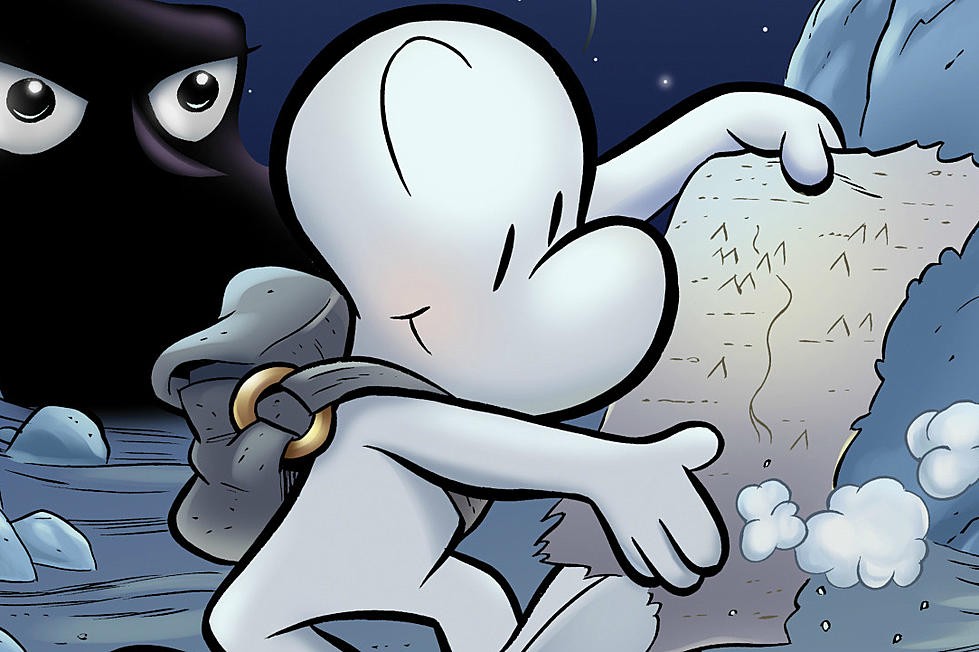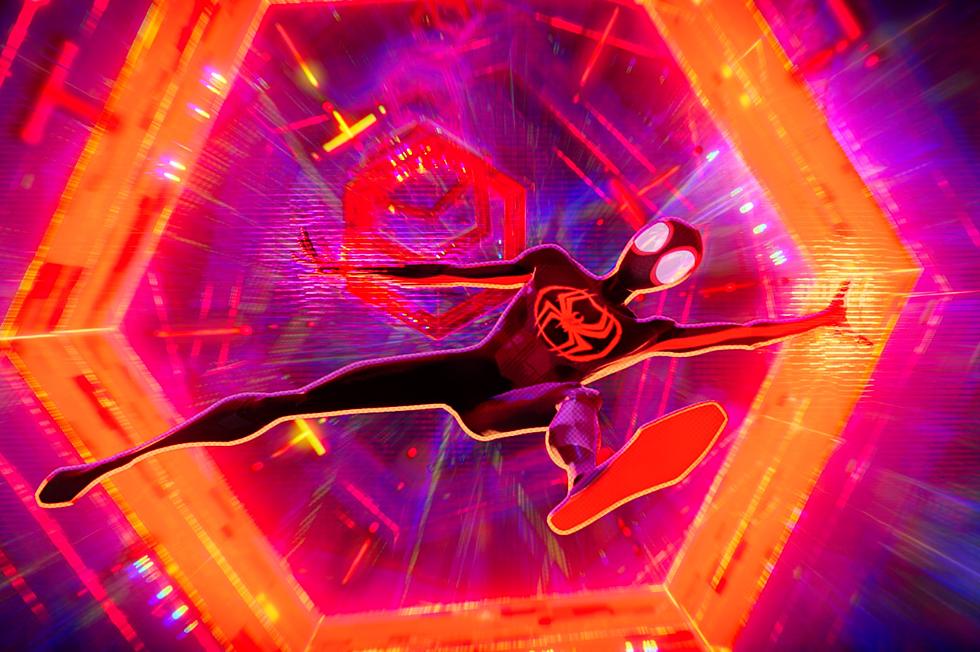
Netflix’s ‘Bone’ Animated Series Is Canceled
Netflix hasn’t had a fantastic week. The streaming giant’s stock dropped roughly 35 percent after the company reported its first net loss of subscribers in over a decade. Now there are reports of upheaval in the company’s animation division, which would serve as a prelude to wider budget cuts and original series cancelations.
A lengthy article on the state of Netflix’s animation division in TheWrap reveals that several high-profile projects are being reconsidered if not outright canceled. Once such project is Bone, based on the beloved series of children’s comics by Jeff Smith. The Bone animated series was announced in 2019; at that time, Smith said “Netflix is the perfect home for Bone. Fans of the books know that the story develops chapter-by-chapter and book-by-book. An animated series is exactly the way to do this! The team at Netflix understands Bone and is committed to doing something special.”
Three years later, Bone fans have nothing to show for years of development, as Netflix confirmed to TheWrap that the Bone show is no longer happening.
This isn’t the first time a Bone adaptation that was announced with much fanfare fell apart before it made it to the screen. In 2008, Warner Bros. tried making a Bone movie, and while a variety of scripts were written, none ever got produced. In 2016, The Little Prince director Mark Osborne was hired to make a Bone animated movie at Warner Bros. You can probably guess how that turned out.
Even more than this one isolated project, the larger takeaway from TheWrap’s story is that there may be a shift in the culture at Netflix animation, away from boldly personal concepts and towards more traditional family fare. Phil Rynda, who was Netflix’s Director of Creative Leadership and Development for Original Animation until he was let go earlier this week, would reportedly tell people “we want to be the home of everybodys favorite show.” According to TheWrap’s report, Netflix co-CEO Reed Hastings’ new motto for the division is “we want to make what our audience wants to see.” Those philosophies could potentially yield two very different kinds of shows and films.
The Best Children’s Shows in History

More From 92.9 NiN










